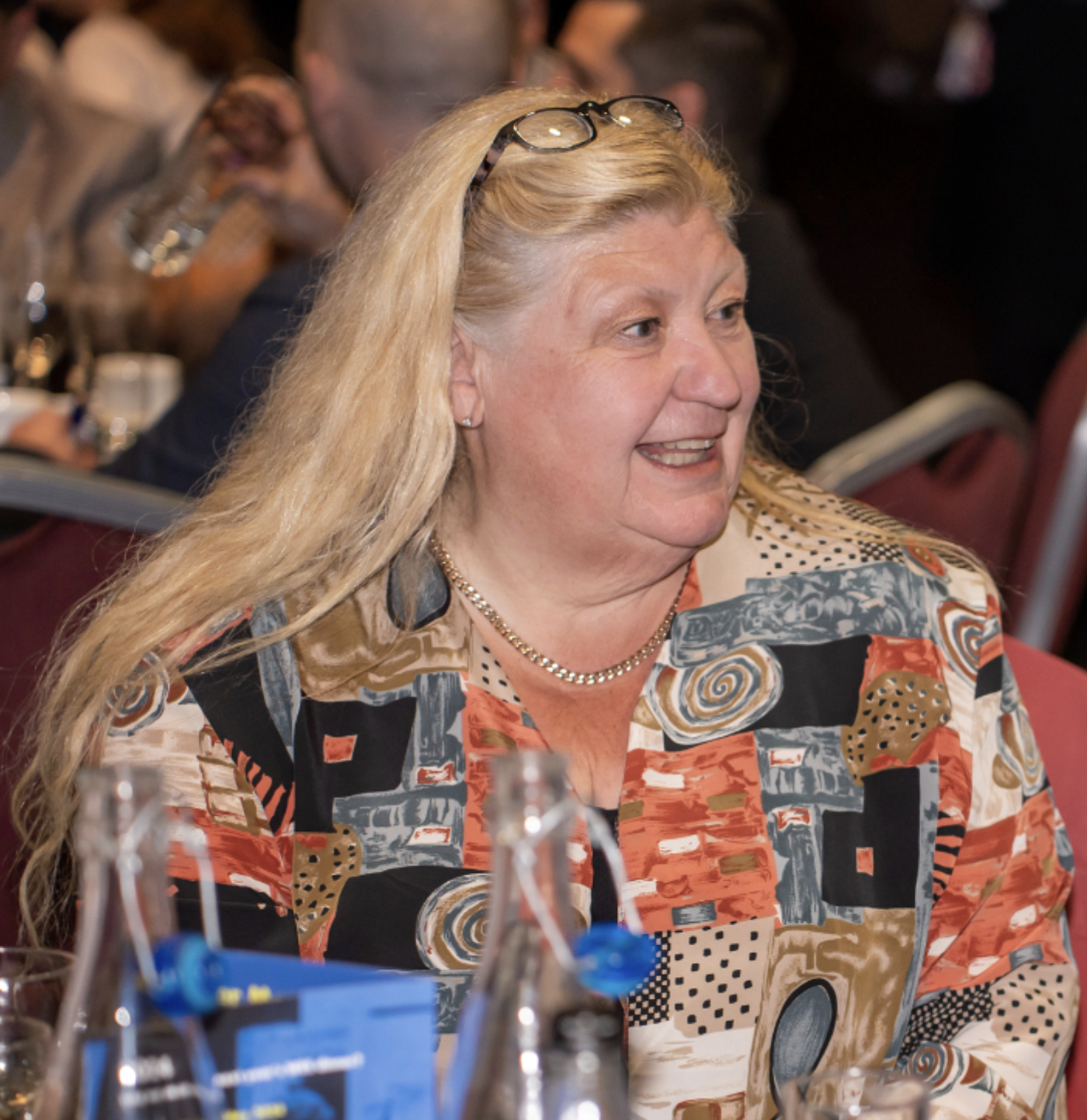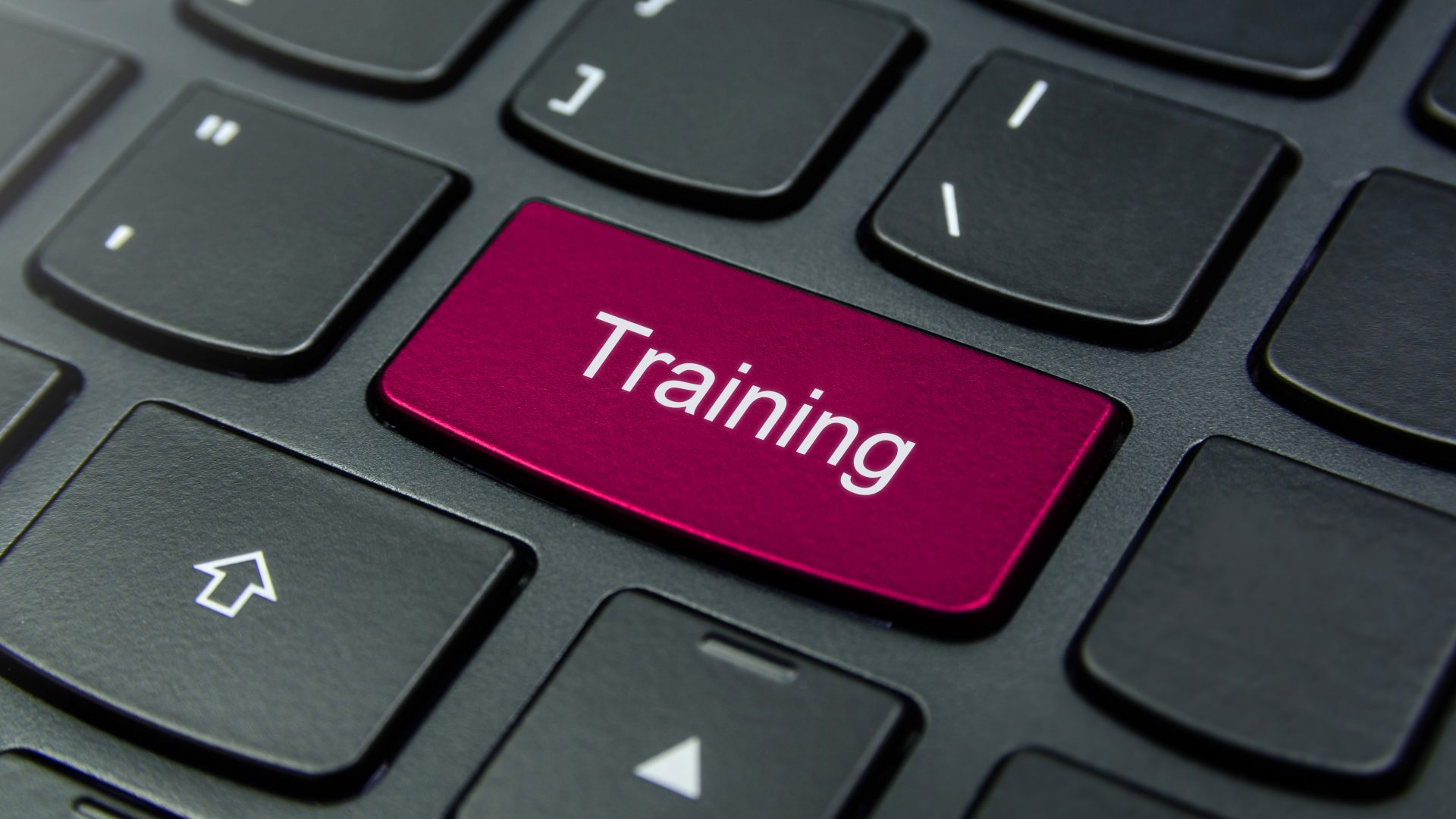The Pump Centre provides expertise, training and networking opportunities for those in the water industry, and at the heart of the organisation is knowledge sharing.
Offering a wide range of introductory and advanced courses, their comprehensive training is designed to equip industry professionals with the knowledge, skills and practical insights necessary to develop a great understanding of pumps, pumping systems and associated topics.

Maxine Watson, Co-Founder and Principal Consultant at The Pump Centre, is at the helm of many of these courses. With over 39 years’ experience, she specialises in root cause failure analysis, risk-based failure prevention and asset life assessment.
Among the courses she delivers are Metal Awareness, Corrosion Awareness, Bearing Awareness, Lubrication Awareness and WIMES 4.01 – Paints and Polymeric Coatings for Corrosion Protection. Maxine also has her well sought after Valves Awareness course returning this year. These introductory courses provide participants with the practical knowledge necessary to better inform their work.
Water Magazine recently had the opportunity to discuss Maxine’s incredible impact on the water industry and the importance of training courses for professionals across the sector.
How did you first get into the water industry?
I actually started my career in the power industry, which has a lot of crossovers with the water industry, as you need extremely pure water to run a power station. As a result, I ended up learning a lot about water treatment, water chemistry and water control. From there, I found myself involved in the water industry and became one of the founders of The Pump Centre.
How did you become involved in conducting training courses?
In the early days, The Pump Centre was encouraged to come up with joint government industry projects. There was a big push from the Department of Trade and Industry for companies to be more involved with fundamental research work. I began by undertaking a piece of work researching failure investigations on types of equipment. When analysing the data, I noticed an incredibly high number of failure investigations we had done on pumping, pumping systems, valves and anything to do with moving fluids. This outweighed the failures of other types of equipment.
Subsequent projects focused on cavitation in pumps and coatings in pumps to improve hydraulic efficiency. I began to realise we could offer more tailored training courses about pumps and pumping systems, using the knowledge we had gathered from our research programmes.
Can you tell us more about the training courses you offer and what people can expect from attending?
The key training courses I deliver are Metals Awareness and Corrosion Awareness. The objective of these introductory courses is to teach engineers everything they need to know, so that they can go away and implement this knowledge the very next day at their job.
How do the courses aid learners’ personal and professional development?
For those looking to become a Chartered Engineer, the Metals Awareness and Corrosion Awareness courses can go towards their Continuing Professional Development (CPD). More generally speaking, these courses provide people with the knowledge that is missing from their formal education.
In university, particularly in Mechanical Engineering and Electrical Engineering courses, engineers are taught very little about equipment, how it operates, and how it can fail. The courses I deliver are all about preventing failure, which underpins everything. Having those pieces of knowledge better inform engineers’ decision making when it comes to purchasing the right equipment, carrying out the right maintenance and so on.
The great thing about these courses is that it brings engineers together. They have the opportunity to share their own knowledge and experiences, which means we all end up learning from one another.
What do you get out of teaching these courses?
I like the pay it forward aspect. I’ve been lucky enough to be mentored by some great people throughout my career who I have learned a great deal from, and it’s important that this knowledge is passed on to the younger generations. The goal is that those attending the courses will start to think about how they can share knowledge within their own companies, which is what The Pump Centre is all about.
What makes the courses you deliver unique?
For the Corrosion Awareness course, we used to conduct experiments when the training occurred in a classroom. Now that the course has transitioned to a virtual format, I included pre-recorded experiments in the course to supply students with a visual aid. The corrosions course has a lot of equations, so the videos make it more engaging to demonstrate what happens at each stage.
Maxine and the Pump Centre have a range of upcoming courses. The Metal Awareness course will take place on the 25th June, with the Corrosion Awareness course taking place on the 26th June.
To sign up for these courses, and learn more about the range of opportunities available to members of the Pump Centre, head to www.pumpcentre.com.



